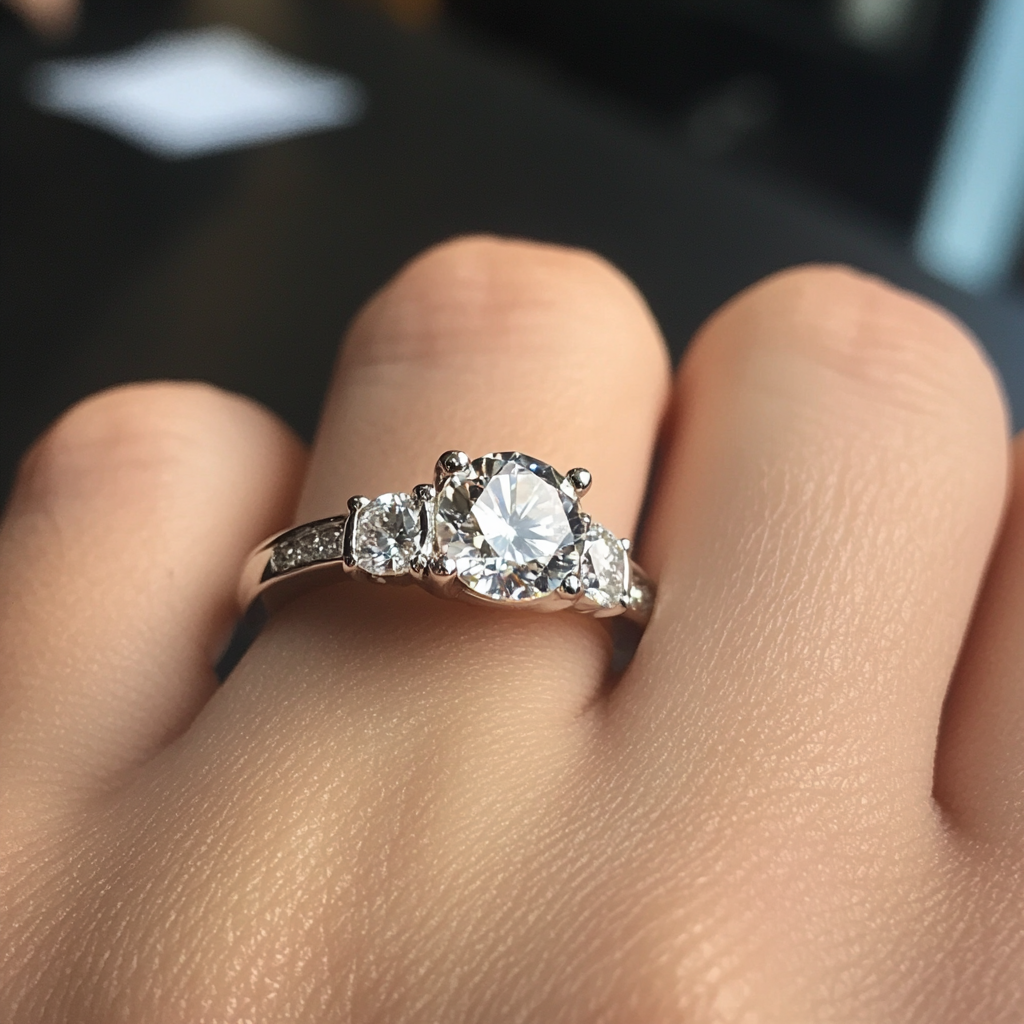hero_vc
Rough_Rock
- Joined
- Sep 15, 2003
- Messages
- 28
----------------
On 10/14/2003 4:46:17 PM Smooth wrote:
I believe that I've read that it's actually much harder and stays whiter than 18K white gold. However, I think it's also much more difficult to work with which is why it's generally harder to find.----------------


Date: 11/5/2003 4:58:10 PM
Author: manhattan01
Well, I found this document on the net.
White gold alloy compositions
According to this document, white gold 19k (OB 19), has a composition of:
16% copper
3% nickel
3% zinc
2% chromium
for a total of %24 non-gold alloys. That''s 1% less than 18k (OB 1which is %25 non-gold alloys. The article also explains the properties of the different kinds of white golds as they pertain to colour, hardness, etc.
This article is inline with what my jeweler told me in the sense that Europe has restrictions on the amount of nickel in gold. Apparently in North America, though I don''t know for sure, there has yet to be a restriction set on nickel use in gold.
-spencer
My understanding of karat gold is that the percentages are in weights of metals, not in volumes. So 19K gold is 79% gold in weight, but can be lower in volume if the other metals used are less dense than gold.Date: 6/14/2005 3:49:50 PM
Author: antigoon
I''m no jeweler or metallurgist, but I don''t think this is correct. The ''19'' in ''OB19'' has nothing to do with the alloy''s gold percentage (karat) as we can see by the fact that OB1 is 18k. As stated, OB19 has 24% non-gold elements. To be 19k, something needs to be 19/24 = 79% gold and 21% other. OB19, being 82% gold is 18.24 karat, which I would assume would be called ''18 karat''.
